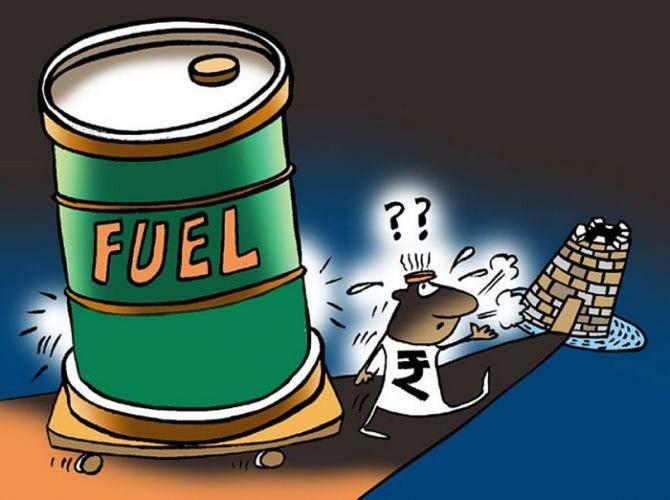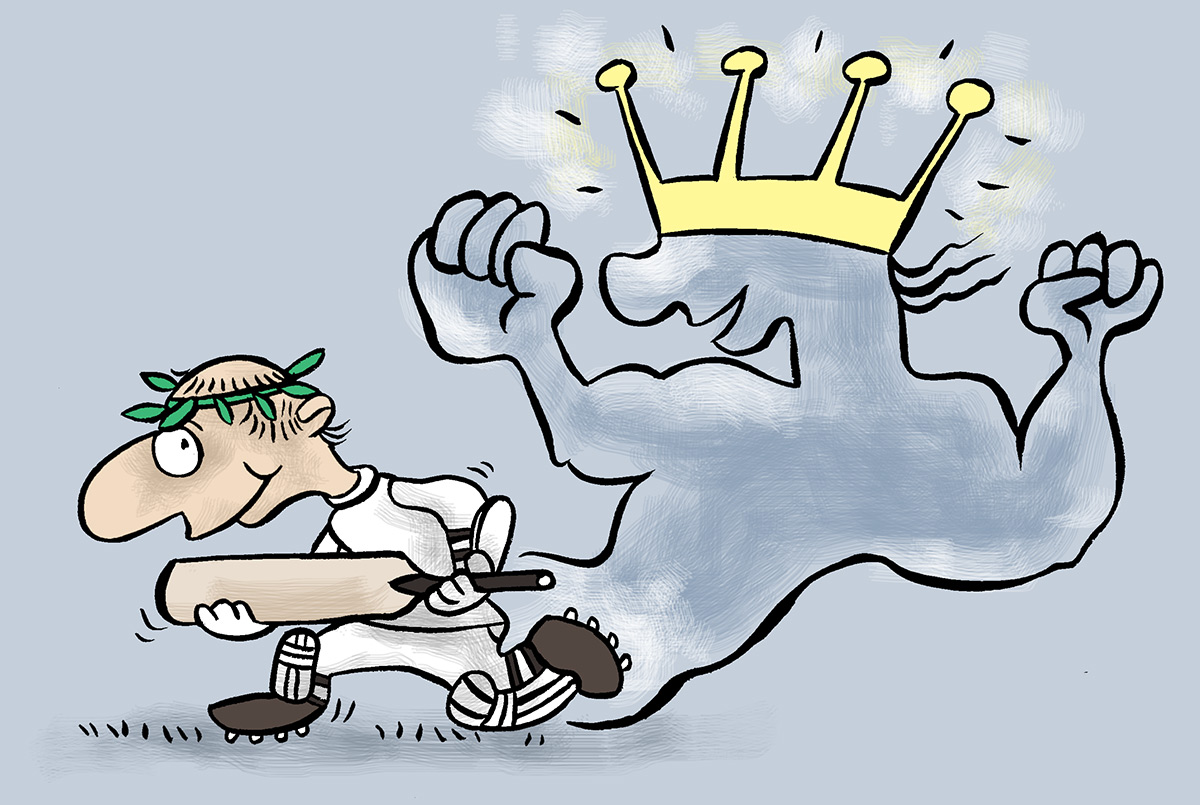Bankers said India should be extremely cautious before opening up trade with Russia amid sanctions as it should not be seen as funding Russian invasion of Ukraine.
Manojit Saha reports.

As stringent sanctions imposed by the European Union and US are crippling business and trade, desperate Russian oil companies are offering huge discounts to India, provided a payment mechanism to bypass the SWIFT ban is quickly approved by the government.
According to sources familiar with the development, Russian oil firms are offering 25-27 per cent discount to the dated Brent crude prices.
State-run Rosneft is one the biggest oil companies that supply crude to India.
During Russian President Vladimir Putin’s visit to India in December last year, Rosneft and India Oil Corporation signed a contract for the supply of up to 2 million tonnes of oil to India through the port of Novorossiysk by the end of 2022.
India has been making efforts to cut its oil import dependence from the Middle-East by diversifying to Russia and the US.
“The offer is tempting,” said a source, indicating the steep discount by the Russian companies.
“However, there is still no indication how payments will be made.”
Bankers, however, said India should be extremely cautious before opening up trade with Russia amid sanctions as it should not be seen as funding Russian invasion of Ukraine.
“It is Russia's problem that they are not able to sell their products.
"Because of the war, India's cost has gone up with crude oil prices jumped from $90/bbl to $115/bbl.
"We should explore other options for oil import, other than from Russia," a chief executive of a private lender told Business Standard.
According to a Bloomberg report, Russia’s flagship crude oil was offered at $11.60 barrels below the dated Brent just before the sanctions were imposed.
However, there were no bids because buyers avoided trade as they fretted over potential sanctions.
Indian banks have stopped remittances to Russia fearing violation of the SWIFT ban by the western countries.
The US and the EU have banned several Russian banks’ access to the SWIFT international payment system following the unrelenting Russian attack in Ukraine.
The government and the Reserve Bank of India are speaking to banks and the industry to find an alternative mechanism to make payments for its imports.
Activating the rupee-ruble trade account is one option that has been suggested by the banks though no final decision has been taken so far.
India’s crude oil import dependence on Russia is small as it gets 70 per cent of the requirement from OPEC nations.
Crude oil import by India is around 4.2 million barrels per day in 2021, which was less than what the country was importing before the Covid-19 pandemic period.
According to Nomura, India’s direct trade exposure to Russia-Ukraine-Belarus is small (1 per cent of total exports; 2.1 per cent of total imports), but its supply dependence on specific products is much higher.
In the case of mineral fuels (crude oil, coal), the direct dependence is small (2.8 per cent of total), but there is indirect exposure via higher prices (as a net commodity importer).
“The government is identifying alternate supply sources for both edible oils and fertiliser, although these will be expensive. Discussions are also underway on a rupee-rouble trade payment arrangement to avoid disruptions,” Nomura said in a note to its clients.
Brent crude prices surged past $100/bbl after Russia invaded Ukraine in the last week of February. India, which imports over 80 per cent of its crude oil requirement, will be hit hard if prices stay elevated.
JP Morgan has projected crude oil prices to soar to $185/bbl by the end of the year.
Despite India’s limited direct exposure, the combination of supply disruptions and the ongoing terms of trade shock will likely weigh on growth, but also result in a sharper rise in inflation, a wider current account deficit, and a hit to fiscal finances due to higher fertiliser subsidies and a potential cut in taxes to shield consumers, Nomura added.
Retail inflation, which crossed the upper tolerance band of the Reserve Bank of India in January, is one the key concerns of the policymakers as a fallout of the Russia-Ukraine war.










